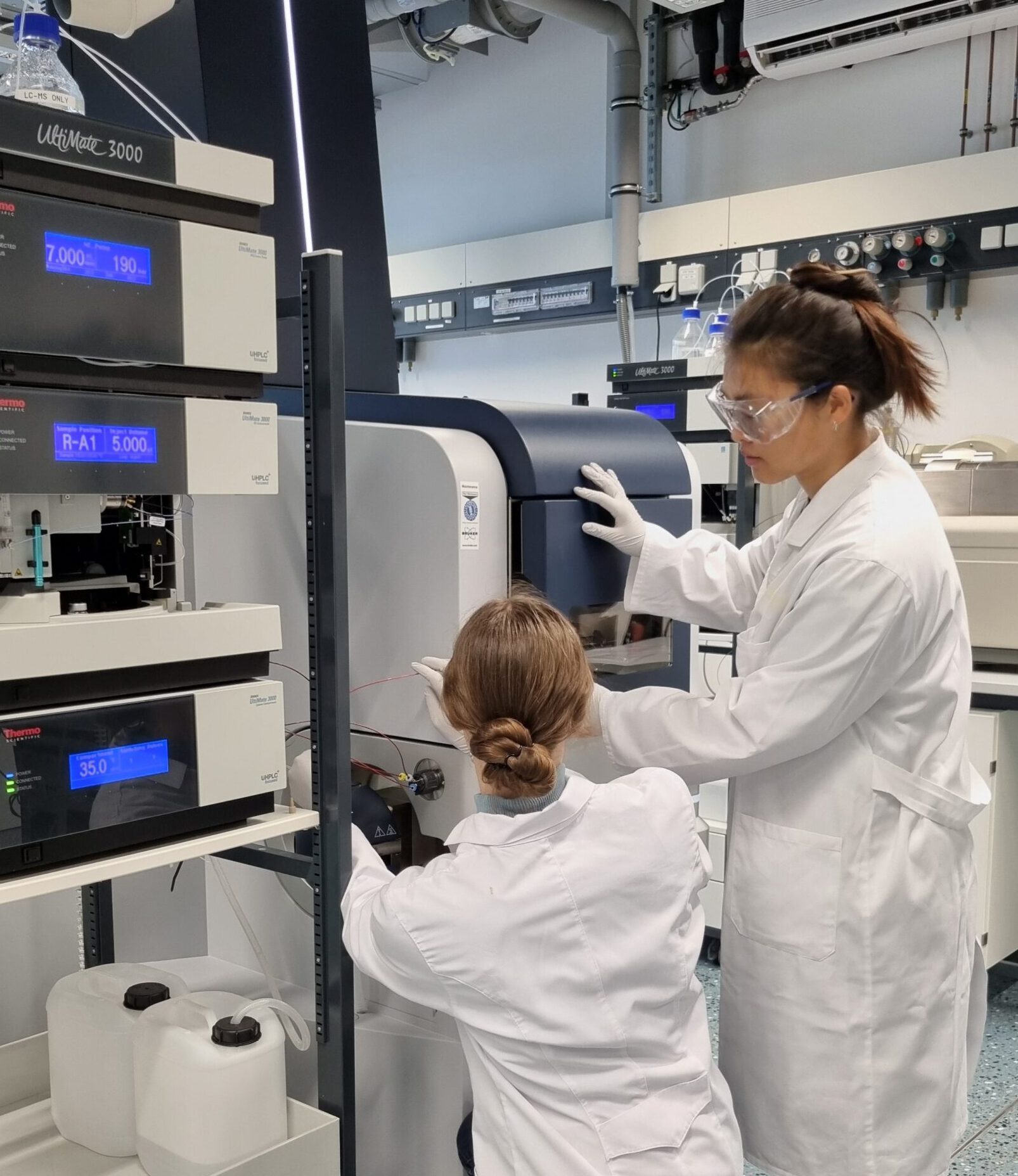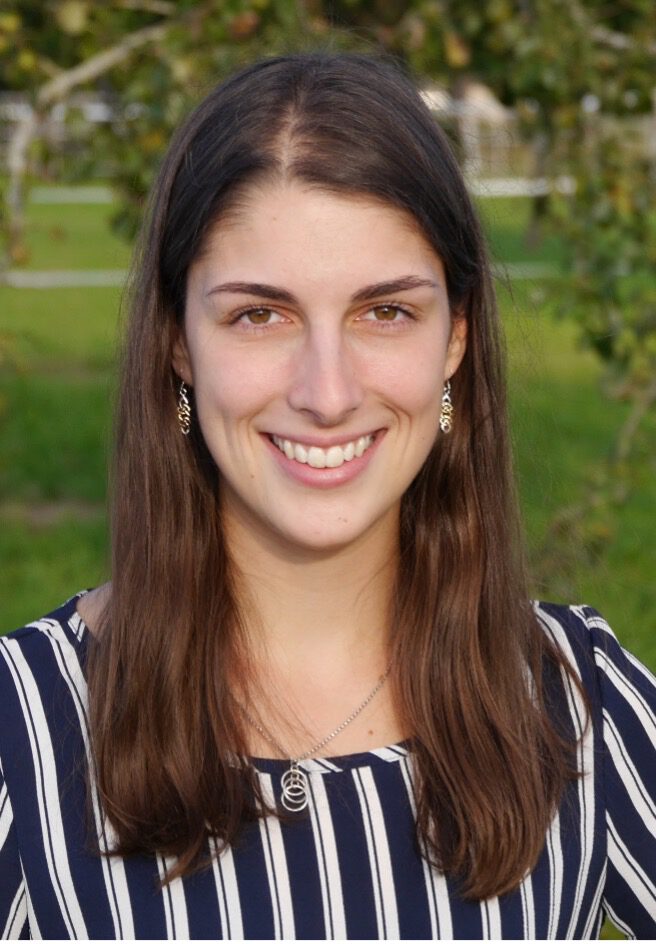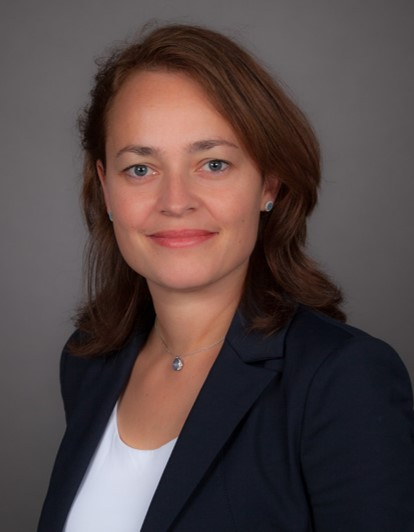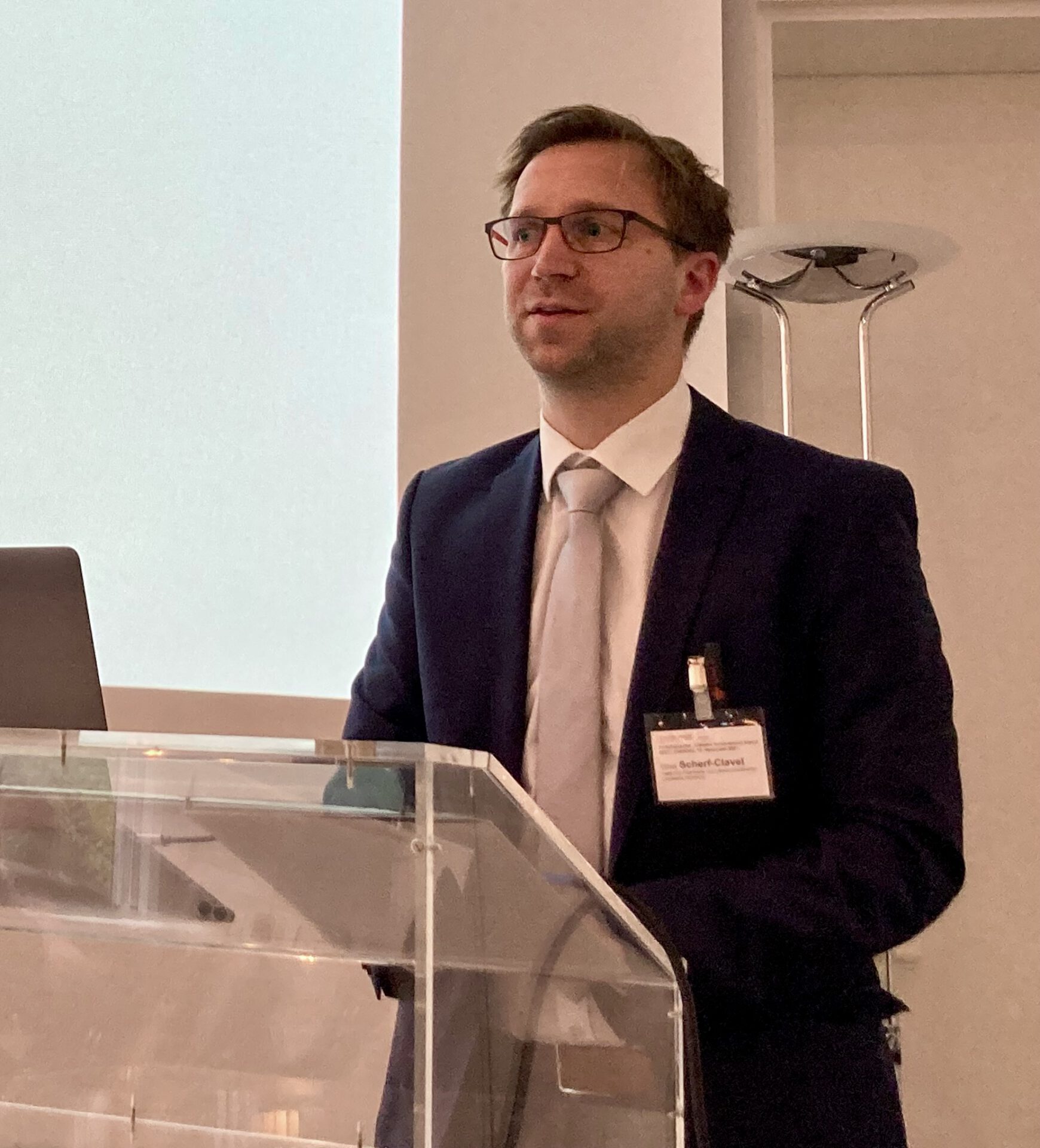Funding Projects
The Frankfurt Foundation Quality of Medicines promotes or initiates projects to optimize the quality of medicinal products, for example in the form of diploma and doctoral theses. Cooperation with universities, scientific societies and other institutions interested in promoting drug quality is also sought.
If you would like to submit an application for funding please contact us.
Note our Funding Guidance
Our Funding Projects:
- Targeted and untargeted analysis of active pharmaceutical ingredients (APIs) / Prof. O. Scherf-Clavel, Prof. U. Holzgrabe, Univ. Würzburg
- Quality Requirements for Nanomedicines: Filling the Gaps / Prof. G. Borchard, Dr. I. Nikolic, Univ. Geneva
- SFC-basierte Reinheitsmethodenentwicklung zur enantioselektiven Trennung von Mepromazin und Dapoxetin und deren Verunreinigungen / Prof. U. Garscha, Univ. Greifswald
- Promotionsstipendium: Studien zur Qualitätssicherung von Arzneimitteln (3. Jahr der Promotion, AK Prof. L. Heide) / J. Gabel, Univ. Tübingen

June 21, 2024
Project funding for the development of a method for quality assurance of biopharmaceuticals using undirected protein profiling
The detection and characterization of unknown and/or unexpected impurities is a key element in most of the FFQM-funded projects so far. The aim of the current project is to develop such methods for biopharmaceuticals. The developed procedures should allow a simultaneous determination of the active pharmaceutical ingredient of these protein containing medicinal products as well as their possible degradation products and impurities. Moreover, potential counterfeits of these preparations should also be detected. In contrast to most of the conventional analytical procedures used for quality control of biopharmaceuticals, methods should be developed in this project for non-directional protein profiling.
Supervisor of the project is Professor Monika Pischetsrieder, University of Erlangen-Nuremberg, Department of Chemistry and Pharmacy, Chair of Food Chemistry. Her research team has already gained extensive experience in corresponding analytical issues on the food sector. Current research interest is now to extent this expertise to the field of medicinal products by testing how far suitable methods can be transferred and/or adapted to the field of biopharmaceuticals.
This research project is of great practical pharmaceutical relevance, as the detection and identification of degradation products or impurities should help to optimize quality control of the corresponding protein drugs
April 25, 2024
Follow-up publication to the FFQM funded project "Detection of unexpected impurities in finished medicinal products."
The working group of Prof. Oliver Scherf-Clavel, Ludwig Maximilian University of Munich, has published a further study on impurities in Lorsatan tablets. The results were recently published in the Journal of Pharmaceutical and Biomedical Analysis: Backer et al „Targeted and untargeted screening for impurities in losartan tablets marketed in Germany by means of liquid chromatography/high resolution mass spectrometry“, https://doi.org/10.1016/j.jpba.2024.116160.
In the present study, the LC-MS/HRMS approach described by Backer et al. for the analysis of known and unknown losartan potassium impurities (https://doi.org/10.1016/j.jpba.2023.115955) was applied to an even more complex system in a larger screening context. The present study included 35 losartan drug products and fixed dose combination products purchased in German pharmacies in 2018 and 2022. The film-coated tablets were analyzed using four LC-MS/HRMS method variants. Differences in the impurity profiles of medicines from 2018 and 2022 were observed.
This study demonstrates that broad screening approaches such as this are applicable to the analysis of pharmaceuticals and can contribute to an important improvement in the quality assurance of medicinal products.
January 29, 2024
Funding project successfully completed: “Detection of unexpected impurities in finished medicinal products”
We are pleased that this project, funded by our foundation and led by Prof. Dr. Oliver Scherf-Clavel, Ludwig Maximilian University of Munich, was successfully concluded with very positive new findings. The results were recently published in the Journal of Pharmaceutical and Biomedical Analysis: https://doi.org/10.1016/j.jpba.2023.115955
The accidental discovery of unexpected contaminants may result in a drug recall. Basically, the question of which contaminants are discovered is determined by the choice of analytical method. Therefore, quality control procedures often fail to detect unexpected contaminants.
Using losartan as an example, the project looked for previously undescribed contaminants by combining an untargeted screening method with high-resolution mass spectrometry. In this way, the presence of N-methyl-2-pyrrolidone (NMP) and another impurity from the synthesis could be revealed and four further impurities could be detected through a subsequent targeted evaluation using extracted ion chromatograms. Through such combined analysis approaches, changes in the quality of medicines can be detected early and responded to accordingly.

November 21, 2023
Identification of counterfeit and substandard medicines.
The Frankfurt Foundation provides one-year funding to support doctoral studies to ensure the quality of pharmaceuticals in low- and middle-income countries. Under the supervision by Dr. Lutz Heide, Professor at the Institute for Pharmacy of the Eberhard Karls University of Tübingen/Germany, PhD student Julia Gabel investigates the usefulness of near-infrared spectroscopy (NIR) for quick identification of counterfeit drugs and substandard medicines
This research project especially examines whether a selected low-cost NIR spectrometer in combination with conventional chemometric procedures can be used as an inexpensive and reliable technology for verifying the declared active ingredients in tablets – regardless of the manufacturer and brand. However, raw spectra as such are difficult to interpret. Therefore, a multivariate evaluation of the spectral data should be carried out, primarily using Data-Driven Soft Independent Modeling of Class Analogy (DD-SIMCA).
These NIR methods can be of great benefit for drug testing in Africa – but also in more industrialized countries. Counterfeit medicines are a very common problem in Nigeria, Africa’s most populous country. The research project is therefore carried out using preparations that were locally procured in Nigeria.

August 24, 2023
Detection of unknown impurities in medicinal products
Goal of the project „SFC-based purity method development for the enantioselective separation of mepromazine and dapoxetine and their impurities“, is the detection of known and also unknown impurities in medicinal products. Our foundation decided to support this research activity due to its significant practical relevance. Initiator and supervisor of this research project which included two diploma theses is Professor Dr. Ulrike Garscha, Institute of Pharmacy at the University of Greifswald.
Supercritical Fluid Chromatography should be used in this funding project to develop a procedure fully validated according to EMA guidelines which subsequently can be applied for analyses of marketed medicinal products. The detection and identification of unknown and unexpected impurities in medicinal products containing chiral active ingredients is of great practical relevance to improve drug quality on the market.
August 2, 2023
Quality Requirements for Nanomedicines: Filling the Gaps
Nanotechnology is considered to be one of the key technologies for innovative medicines that can be used to overcome previously unsolved or unsatisfactorily resolved therapeutic challenges
The essential goal of this project, funded by the Frankfurt Foundation Quality of Medicines (FFQM), is to identify and, where possible, close methodological gaps in the characterization of nanomedicines and to provide proper data analysis to support quality requirements for nanomedicines. The project is designed and conducted by Dr. Ines Nikolic, postdoctoral researcher with Prof. Gerrit Borchard at the University of Geneva, and in collaboration with Swiss Federal Laboratories for Materials (EMPA) Science and Technology and University of Belgrade – Faculty of Pharmacy.
The Frankfurt Foundation Quality of Medicines is waiting with great interest for the first results of this important research project.

June 29, 2023
Funding project: Detection of unexpected impurities in finished medicinal products
The Frankfurt Foundation Quality of Medicines is now funding a total of four experimental study projects. Today we would like to briefly introduce the first one. This is focused on the analysis of possible contaminations of active pharmaceutical ingredients using losartan as an example. The occurrence of unexpected impurities in finished drug products – e.g., in valsartan preparations in 2018 – had elucidated how important the development of sophisticated analytical procedures is when creating impurity profiles.
Professor Dr. Oliver Scherf-Clavel is responsible for this project. Together with other scientists he had previously examined various sartans for nitrosamine impurities using a high-resolution chromatographic system (QqTOF-LC/MS). They were able to discover unexpected contaminations that could not be detected with the common methods (e.g., those suggested by the pharmacopoeia).
The research project supported by our foundation now aims to develop a general procedure for the „untargeted“ analysis of active drug ingredients in order to be able to discover unknown – and above all unexpected – impurities. This project is of great practical relevance for drug therapy as drug safety finally ensures patient safety.
Professor Oliver Scherf-Clavel was the award winner of the FFQM/DPhG 2021 „Quality of Medicines Award“ during his time as a junior professor at the Julius-Maximilians-University in Würzburg. This award recognized his research work on the contamination of valsartan and other sartans. Scherf-Clavel was recently appointed to the W2 professorship for „Clinical Pharmacy and Pharmacotherapy“ at the Ludwig-Maximilians-University in Munich.

